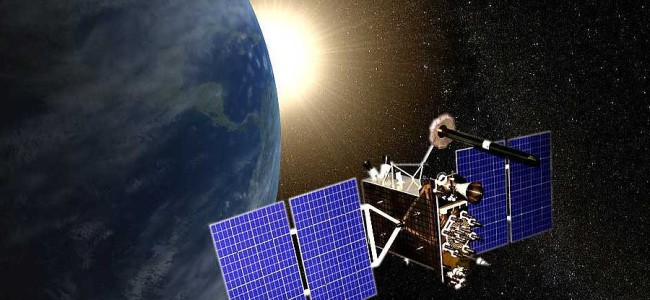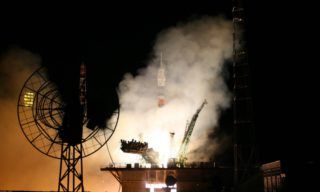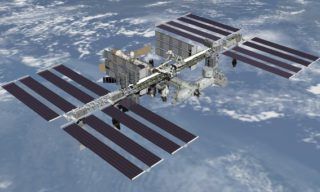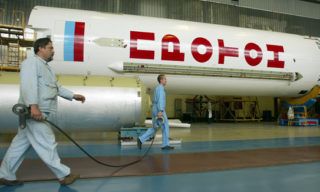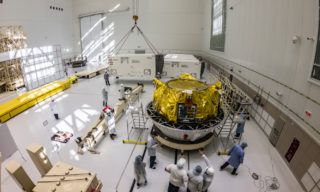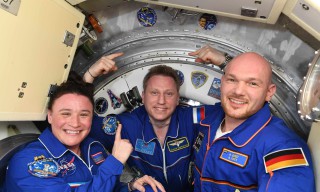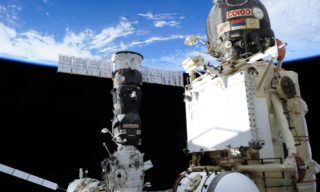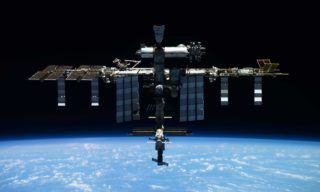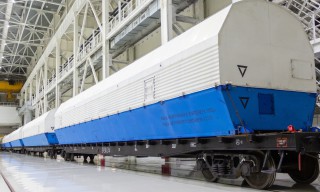The GLONASS national navigation satellite system will receive five new satellites in 2019.
This is stated in the GLONASS Development Strategy until 2030, reports TASS News Agency.
As part of the orbital group of the Glonass-M and Glonass-K satellites, in 2019 it is planned to launch five satellites of the GLONASS navigation system using five “Soyuz” launch vehicles.
One spacecraft in the first, second and third quarters and two satellites in the fourth quarter of this year, and it will be three Glonass-M, one Glonass-K and one Glonass-K2 satellites, stated in the document.
Now the GLONASS orbital group includes 26 satellites, 24 of them are in operation, one is at the flight test stage, another one is in the orbital reserve.
Currently, about 15 satellites are operating beyond their lifetime.




